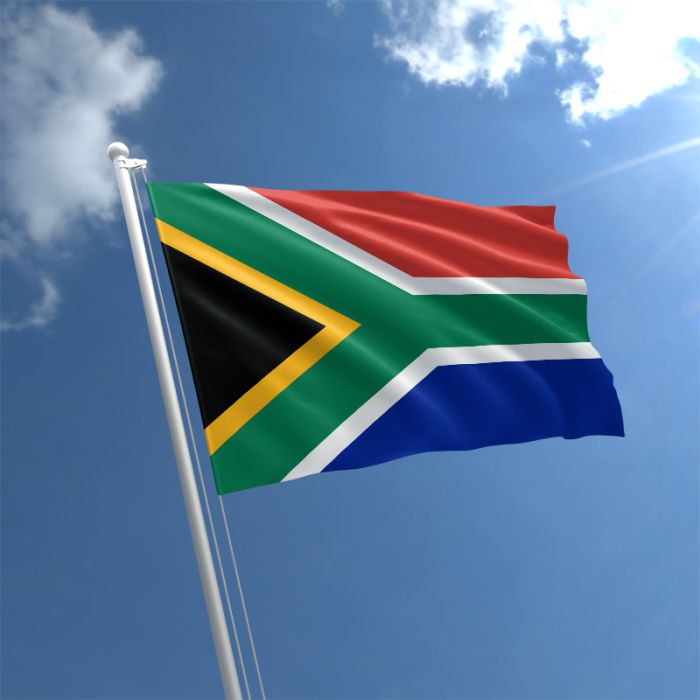South Africa, a land of staggering beauty and endless potential, now finds itself teetering on the brink of a precarious future—its once shining infrastructure in a state of harrowing decline. From the rolling blackouts that silence the hum of daily life to the mounting trash heaps that line city streets, a new crisis looms over Johannesburg and the country at large: a catastrophic water shortage.
Amidst a backdrop of socio-political discord and labour unrest, Johannesburg Water and Rand Water have sounded a grim alarm, one that evokes more than just bureaucratic concern—it echoes the angst of an entire nation. With reservoir levels in critical condition due to overuse, residents are warned of an imminent system collapse unless urgent measures are taken. Can you picture it? Hospitals, homes, and even swanky suburbs without a drop of water. It’s like a dystopian film, but the setting is uncomfortably close to home.
The advisory is severe, prescribing a lifestyle of almost Spartan frugality: limit showers to two minutes, only flush when you absolutely must, and let your car gather dust until the weekend. It’s as if the faucet of modern convenience has been forcibly turned off, drip by agonising drip. Even as residents suffer annual water restrictions, this year’s shortage has reached startling levels, impacting essential services and spreading discontent far and wide.
In a tragic irony, some of Johannesburg’s most affluent neighbourhoods now experience what it’s like to live parched lives, their taps dry as a bone. But this isn’t just a matter of a day or two without water; it’s about an essential resource, one intrinsically linked to public health. Look no further than the grim headlines—43 cholera-related deaths nationwide, with a particularly deadly outbreak in Hammanskraal. While the government grapples with pinpointing the cause, the dilapidated state of water works is an all-too-obvious suspect.
“Our people have the right to clean running water, and we have failed you,” a remorseful President Cyril Ramaphosa recently conceded. Yet, it’s a failure that seems to echo across different layers of public service. Take Tshwane, for instance—a city that has been dealing with a garbage crisis amidst a backdrop of financial strife and striking workers.
And then there’s the ever-present issue of electricity—or lack thereof. Load shedding has become so common it’s almost a South African trope, but its impacts are devastatingly real. It’s not merely about spoiled dinners or missed TV shows; it’s about people unable to live their lives in the most basic of ways. The President’s recent moves, including declaring a ‘state of disaster’ and reshuffling ministries, may look like action but feel like putting a plaster on a gushing wound.
What we’re witnessing is not just a crisis of resources but a crisis of governance, of management, and perhaps most significantly, a crisis of national confidence. At a time when South Africa should be focusing on economic growth and social cohesion, it finds itself backpedalling, trying to fix what shouldn’t have been broken in the first place.
This is not a narrative of despair, though—it’s a call to arms. In a country celebrated for its indomitable spirit and resilience, the real question now is, how do we stitch these unravelled threads back together? How do we prevent the complete disintegration of what once was a marvel of African infrastructure?
As South Africans navigate these unsettling times, the crisis represents more than just a litany of shortcomings. It’s a reflection of a country at a crossroads, a test of a nation’s character and its ability to rise through adversity. Indeed, the clock is ticking, but if there’s one thing the Rainbow Nation has proven time and again, it’s the capacity to turn things around, often when least expected.
Yes, the situation is dire, but it’s also an opportunity. An opportunity for South Africans to band together as they’ve done before, to confront and conquer challenges that seem insurmountable. Because at the end of the day, it’s not just about the water in the taps, the rubbish in the streets, or the power in the lines—it’s about the fortitude in the hearts of a people determined to forge a better tomorrow.




